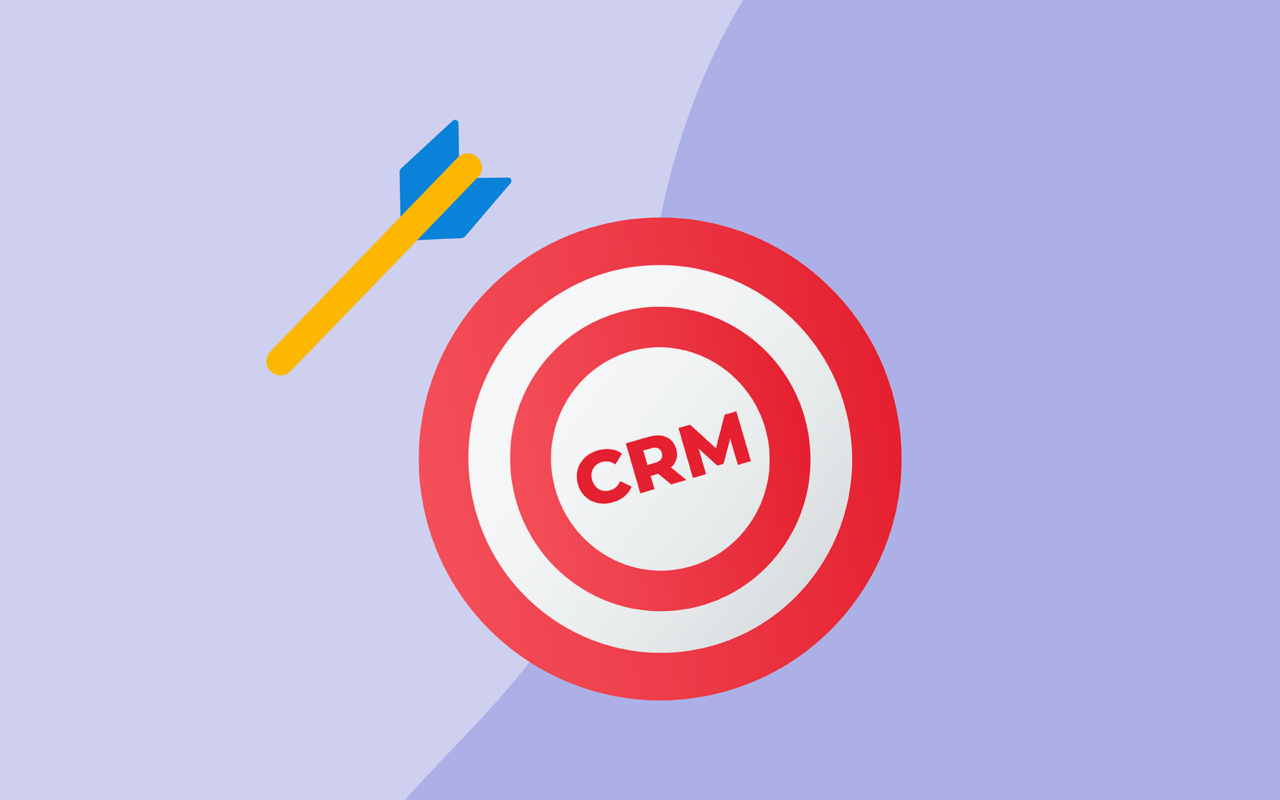Businesses implement CRM systems to maximize production and efficiency. More advanced software solutions should enhance its operations that’s why they have high expectations of it. But success doesn't come by itself.

At this point, a few questions arise:
- Why do many companies still have problems even after implementing a CRM?
- Why do companies not expand rapidly?
- Why do these companies grow slowly or remain where they are?
Well, things sometimes work differently than we expect. Multiple industry surveys predict high failure rates for new CRMs, which makes it an all-too-common issue. Companies don't only lose the money they spend on CRM software, but it also costs their time and projects. It's critical to comprehend how and why a CRM fails because if caught in time, you can fix most of these problems before they endanger the CRM project.
Knowing the risks will enable you to enjoy the many benefits of this potent software and prevent you from making mistakes with your own CRM project. Let's look at the four reasons why most companies fail when implementing CRM software and their solutions.
1. Poor CRM Strategy
Businesses that invest money in CRM without evaluating their needs are likely to fail. This is one of the leading causes of CRM failure for many companies. It can be challenging to implement the appropriate strategy if you are still determining what you desire.
To determine your objectives and the CRM requirements of your company, you need to catch up in three areas:
- Recognize the issue
- See the value of a CRM
- Communicate
A company can develop a productive platform by carefully researching and evaluating how to integrate a CRM system with its customers, workflows, and particular requirements. Adopting a customer-centric strategy is the most crucial factor when planning a CRM.
Instead of considering the present needs, businesses typically choose a CRM vendor based on their future ambitions, which leads to CRM failure. To make CRM software work, it's essential to understand the need and requirements of your customers. For example, CRM failure may occur for a business that invests in software that primarily helps streamline emails and text messages but its customers prefer to speak with them on the phone or in person.
In this case, the company may have invested its money, time, and energy, but something else is suitable for its customers. To avoid CRM failures, a company should assess its marketing and sales environment before investing in CRM software.
2. Poor Implementation Team
There is no "I" in the team, and thus poor implementation team is another factor contributing to the high failure rate of CRM implementation. The executive leadership level needs to provide more support, encouragement, and training. Teams can contribute more if they understand how CRM can optimize operations and result in business growth, cheaper costs, higher customer retention rates, improved marketing and increased sales.
For the full use of CRM software and successful implementation, the involvement of managers and communication between departments at all levels is essential. To make it easier, project manager and key users should provide management and higher-ups with information and benefits that are simple to understand by removing the technical terminology associated with CRM software.
The total success of your CRM deployment solution depends on the marketing and performance of your sales and customer service teams. These divisions must help each other to accomplish long-term corporate goals, not short-term departmental objectives.
3. Lack of User Adoption
It is always challenging for end users to take up and use CRM software to achieve the most outstanding possible business results, even when it has been well-developed and implemented by a company. Unfortunately, not everyone is aware of the benefits that CRM offers them. Only a few employees use CRM with caution, others worry that it will cost them their employment or make them uncomfortable.
Without sufficient training, employees find CRM challenging and feel like extra work, resulting in increasing work rather than decreasing it. This leads to an unpleasant environment.
People needing to learn how to use CRM software is another factor in its poor adoption within firms. This frequently occurs when a CRM solution is introduced hastily, and a business sets more goals and requires its employees to understand how to use technology without providing sufficient training.
Numerous CRM failures in the past have occurred as a result of the lack of user training sessions. And the sooner you start the training process, the better. Before formal training, let your staff members preview and explore the system. Then design the training itself to ensure that your staff understands and accepts CRM software for the best outcome.
There are many examples of satisfied clients whose businesses grew effectively after their sales reps understood and accepted CRM.
4. Choosing the Wrong Software
Of course, your success depends largely on choosing the right software. It can be tempting to pick the cheapest CRM software licenses before realizing that tailoring it to your company's needs is frequently much more expensive than simply purchasing the software in the first place. The opposite mistake will be made by other businesses, who will spend a fortune on a pricey system with numerous capabilities they will never use.
Before choosing CRM software, don’t forget to consider the following technical parameters:
- Does the CRM offer all the functionality that the business needs for efficient growth?
- What platforms does the company need to work on?
- Do they need any implementations with other tools?
Moreover, numerous modules and add-ons in CRM software are developed with customization in mind; they can be set up to operate for any number of potential use cases. Unfortunately, some businesses try to employ multiple applications simultaneously rather than only the ones necessary for their particular requirements.
The user experience of a great CRM relies primarily on the must-have features. The user adoption rate is better when the user experience is simple and intuitive.
Final Words
CRM is not just software; it's a company-wide initiative to enhance customer-facing business procedures to meet corporate objectives. Instead of precise planning and business process optimization, companies merely view it as a technological instrument for managing consumer data and producing high-quality outputs.
A CRM typically fails for reasons that have less to do with the platform's capabilities and more with how the business sees itself. You'll be prepared to adopt CRM when you know the leading causes of failure.










